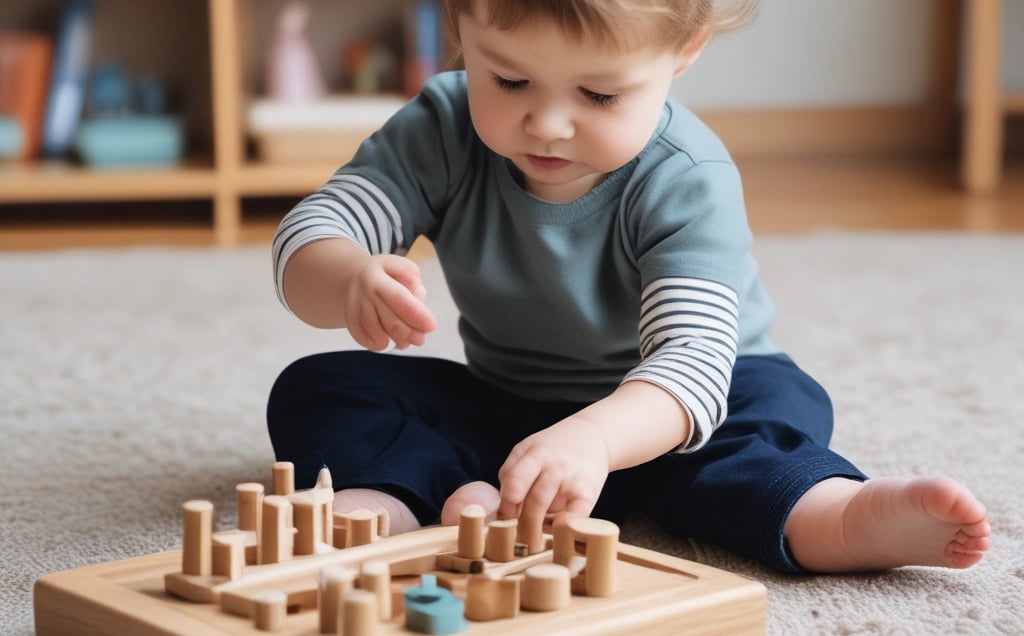The Advantages of Choosing Montessori Toys for Your Child
8/10/20252 min read


Understanding Montessori Philosophy
Montessori education is grounded in the belief that children learn best when they are allowed to explore and engage with their environment. This child-centered approach promotes independence, curiosity, and a love for learning. Montessori toys are designed to align with this philosophy, providing a hands-on learning experience that is both engaging and educational.
Benefits of Montessori Toys
One significant reason parents should opt for Montessori toys over traditional, non-Montessori toys is their focus on skill development. Montessori toys are thoughtfully designed to stimulate critical thinking, creativity, and problem-solving abilities in children. Unlike many non-Montessori toys that often oversimplify play experiences, Montessori toys encourage open-ended play, allowing children to use their imagination and explore various solutions.
Moreover, Montessori toys often emphasize real-world concepts, encouraging children to connect their play experiences with everyday life. For example, toys made from natural materials, such as wood, not only provide a tactile experience but also foster an understanding of sustainability and environmental awareness. This connection to real-world concepts is often absent in non-Montessori toys, which may prioritize flashy designs and electronic features over meaningful interactions.
Encouraging Independence and Confidence
Another noteworthy advantage of Montessori toys is their ability to promote independence and confidence in children. These toys are often designed for self-directed play, giving children the freedom to choose their activities and learn at their own pace. By allowing children to engage with toys independently, parents can nurture a sense of autonomy and self-reliance from an early age. In contrast, many non-Montessori toys tend to require adult intervention to engage, limiting children's opportunities for independent exploration.
Furthermore, Montessori toys often come in various difficulty levels, allowing for gradual challenges that align with a child's development. This tailored approach not only boosts children's confidence as they master new skills but also instills a sense of achievement that encourages them to tackle new challenges in the future.
Social Skills Development
Montessori toys also cater to collaborative play and social skills development, which are vital in early childhood. Many Montessori toys are designed for multiple users, promoting sharing, teamwork, and communication among children. As kids collaborate on tasks or work together to solve problems, they are forging important social bonds and learning to navigate interpersonal relationships in a supportive environment. In contrast, many non-Montessori toys are often geared towards solitary play, which may not encourage these essential social interactions as effectively.
In conclusion, choosing Montessori toys over non-Montessori alternatives provides a myriad of benefits for child development. From promoting independence and critical thinking to enhancing social skills, Montessori toys embody an educational philosophy that holistically fosters growth. As parents consider their options, selecting toys that align with the Montessori principles can lead to richer and more meaningful play experiences for their children.
Resources
Explore articles on toys and lifestyle products.
Support
Trust
info@hannahmartinblog.com
+1234567890
© 2025. All rights reserved.
